 Here’s a simple notion that I think, comes from Dr Daniel Seigel: certainly I’ve heard him speak of “switch out the c“.
Here’s a simple notion that I think, comes from Dr Daniel Seigel: certainly I’ve heard him speak of “switch out the c“.
Now, its likely not going to be easy – you probably won’t just stop meds one day and wake up as a global meditating guru the next.
If you’re body is used to taking meds then its gotten used to them and will take a while, maybe even put up a fight against you wanting to get off or reduce them. Really, when it comes to safely coming off meds there is no such thing as going too slowly. so, please go slowly, very slowly.
Also: you, your body and mind will need something else, maybe many things – meditation – or some kind of meditative or mindful practice – might just be one of yours.
.
want less medication in your life?
If you are itching to reduce or come off your meds; maybe especially if you think they are ruinous poisons that make your life crap, then its worth asking this question:
Q1. what do I notice the meds do for me that might be helpful?
-for instance they may help you sleep more, may help you feel less bothered by crap, may help you stay more calm, get into less trouble, even make it a bit easier to ride on the TTC.
then ask…
Q2. what else can I do that can help me get the same sort of effect?
and whatever thinngs comes up in your list, do a little more of them
.
more t,vicar?
It takes practice but you don”t need to shave your head and sit under a tree for hours to get some benefit – there are many ways to engage in activity that is meditative or mindful.
You can start one moment; one minute; and even one breath at a time and take it from there.
You can do it walking, washing the dishes riding your bike – even upside down.
And when you start to meditate, or even after years of practice, if you get uncomfortable feelings and thoughts or even voices in your head telling you “you’re crap at meditating” then you’re probably doing it about right.
If you get uncomfortable feelings,thoughts, or even voices in your head popping up to tell you “you’re crap at meditating” then you’re probably doing it about right.
In time, and with practice, you’ll start to notice how “your” thoughts do their thing regardless of what “you” do and that you can choose to sit back; enjoy the show; and choose which ones to get involved with…
More meditation can lead to less medication. ..
.
.
related
- one moment meditation https://recoverynetworktoronto.wordpress.com/?s=one+moment+meditation
- coming off medications https://recoverynetworktoronto.wordpress.com/resources/coming-off-medications/





















































































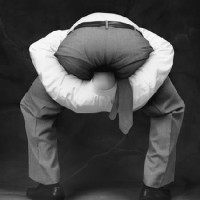
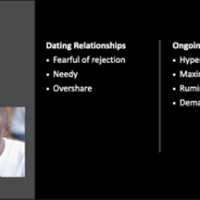

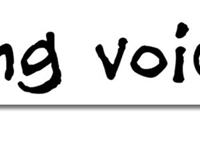


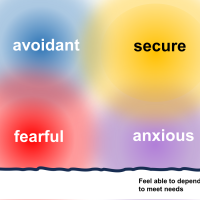
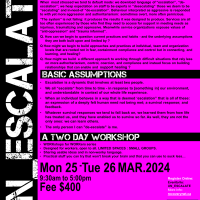
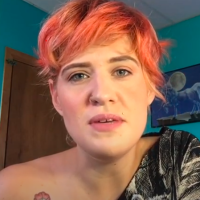





Hey, this is really great. I think I can really use this.
LikeLike
Hey Jigme.
Thanks. glad you life it and find it useful.
We only know if something works for us when we give it a try…
go easy and good luck.
K
LikeLike
Thank you. I’ll have to look again.
LikeLike
I am all for less “c” and more “t” as anyone who reads my blog can attest to. I would just like to add that if you plan to come off any meds, it should be done with the supervision of a qualified health-care professional. There are different ways to wean off different meds and you can really harm yourself by weaning improperly.
LikeLike
hi odctalk
With you on being careful and informed about reducing meds – like we say, experience of many survivors shows that there is no such thing as going too slow and being too careful.
Here at recoverynet we don’t believe in “should”ing – its often tantamount to what it rhymes with.
There are no “shoulds” – only the options from which we can choose – and that which we do choose.
We believe in choice – and especially informed choice. It is one of the key themes of recovery, of our approach and of this site..see the six men and the elephant post earlier this week.
It never hurts to talk with trusted Doctors, nurses, etc but when it comes to reducing meds a great many “health care professionals” are woefully informed and either get their control freak on or are as apathetic as a bored tenager in a sex-ed class.
Consequently they can advise people to come off meds way, way too quickly.
–often more quickly than has been shown either to be safe, or able to promote sustained wellness…
Doctors do not get trained in weaning off – it is not even part of the curriculum in medical schools. Round the world it is survivors who are leading in helping others including medical professionals, learn how to manage meds.
k
LikeLike